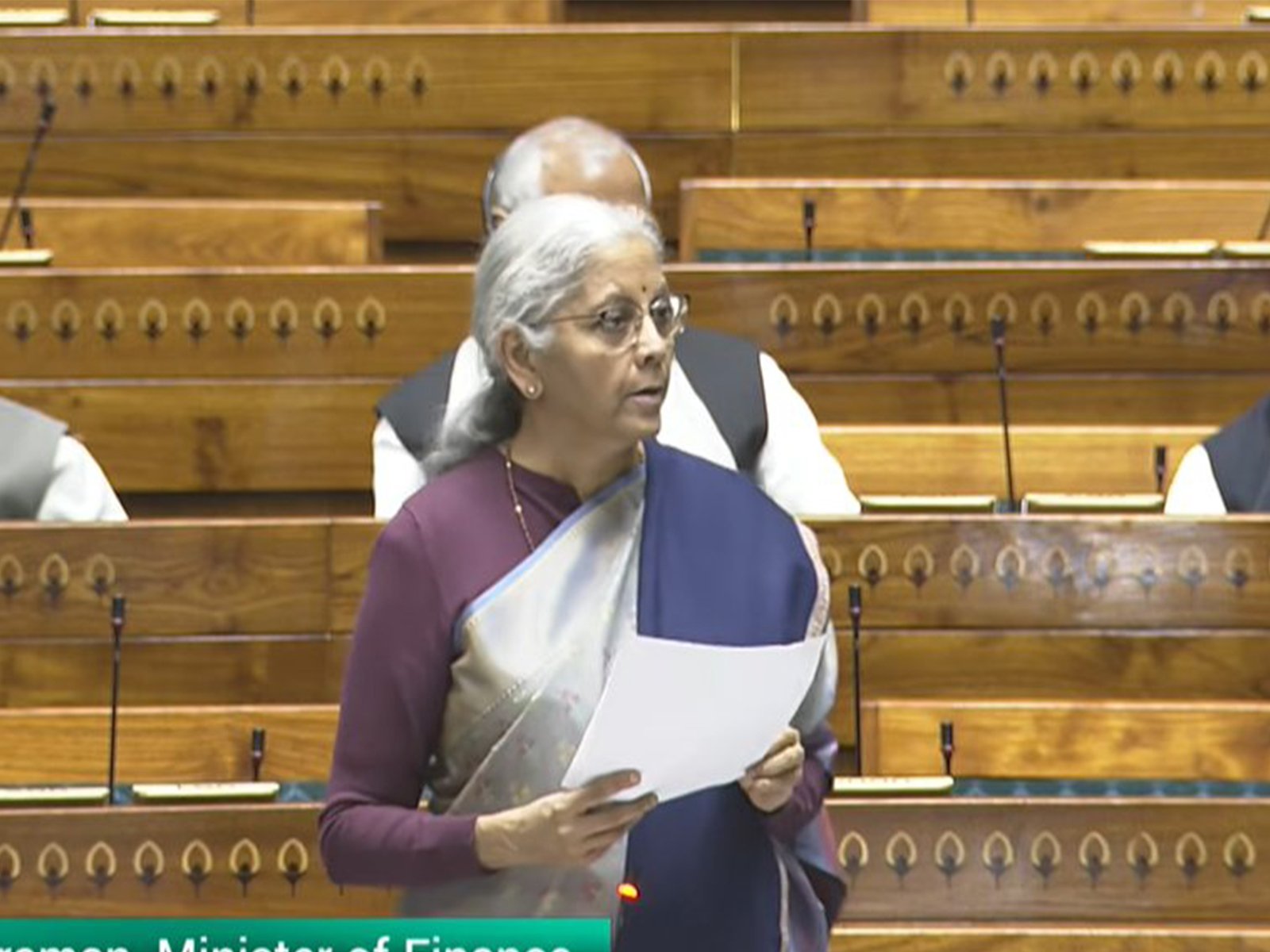Why in the News?
- OpenAI, the U.S.-based company behind ChatGPT, has opened its first office in India, highlighting India’s growing role in global AI.
- The Government of India launched the India AI Mission to build a trusted and inclusive ecosystem, especially in education.
- The rising use of AI by teachers and students in classrooms has raised important ethical questions about its impact on teaching and learning.
Key Highlights
- What is Artificial Intelligence (AI)?
- AI is the ability of computer systems to perform tasks that usually require human intelligence, such as problem-solving, language understanding, and pattern recognition.
- It is divided into Narrow AI (designed for specific tasks, like ChatGPT) and General AI (human-level intelligence, still theoretical).
- Entry of Global AI Giants into India
- The year began with OpenAI announcing its first India office.
- This was followed by news of earlier investments: in 2023, NVIDIA partnered with Reliance, and companies like Google and Microsoft had already put in large-scale investments.
- These moves showed that India was becoming a global hub for AI innovation.
- AI in the Classroom – Rising Adoption
- Reports highlighted that around 70% of school teachers in India are now tech-savvy.
- Teachers increasingly use AI to design lessons, prepare content, and improve classroom delivery.
- However, surveys like the National Sample Survey pointed out a digital divide: while internet usage is widespread, many students and teachers do not have the skills or quality access to use AI meaningfully.
- Philosophical and Ethical Concerns
- Education is not only about passing information; it is about dialogue, empathy, and critical understanding.
- Thinkers such as Rabindranath Tagore and Bell Hooks always stressed that teaching must be a humanistic experience that builds trust and creativity.
- The growing use of AI risks reducing education to a mechanical, information-driven activity, undermining the human connection between teacher and student.
- India AI Mission – The Roadmap
- To address the challenges arising out of rapid AI adoption, the government launched the India AI Mission.
- It also aimed at making India a leader in AI.
- Its pillars include:
- Centres of Excellence (CoE): Specialised centres for AI research in education.
- India AI Compute Capacity: Infrastructure to support large-scale AI innovation (cloud-based tools).
- India AI Future Skills: Training teachers and students to use AI responsibly.
- The mission also emphasises professional training for teachers, focusing not only on technical skills but also on ethics, creativity, and critical thinking.
- If implemented properly, the mission can ensure AI reduces inequality rather than worsening the digital divide.
Implications
- Economic Growth: AI adoption can bring global investments and make India a hub for innovation.
- Educational Transformation: AI can help personalise teaching and make classrooms more engaging.
- Equity Concerns: Without careful planning, AI could widen the gap between privileged and marginalised students.
- Ethical Risks: Overuse of AI may undermine creativity, empathy, and trust in classrooms.
- Policy Challenge: The government must ensure AI adoption is ethical, inclusive, and focused on long-term learning outcomes.
Challenges and Way Forward
| Challenges | Way Forward |
| Over-reliance on AI reduces teacher-student dialogue | Use AI only as a support tool; promote blended learning |
| Digital divide excludes weaker sections | Provide affordable internet, devices, and digital literacy |
| Teachers lack ethical training | Regular in-service training on responsible use of AI |
| Student misuse (plagiarism, exam use) | Guidelines, awareness, and AI literacy modules in schools |
| Misunderstanding of “smart pedagogy” | Redefine teaching quality to focus on creativity and critical thinking |
Conclusion
Artificial Intelligence has the potential to transform India’s education system, but it also brings risks of inequality and ethical misuse. The challenge is to combine technology with humanity; ensuring classrooms remain spaces of dialogue, creativity, and empathy. The India AI Mission, if implemented inclusively, can make AI a tool for empowerment rather than exclusion.
| EnsureIAS Mains Question Q. Discuss the opportunities and challenges of integrating Artificial Intelligence in India’s education system. Suggest policy measures to ensure ethical and inclusive adoption of AI in pedagogy. (250 Words) |
| EnsureIAS Prelims Question Q. With reference to Artificial Intelligence in India’s education system, consider the following statements: 1. The India AI Mission includes Centres of Excellence (CoE) in education to promote AI research. 2. Pedagogy refers only to the use of digital tools in classrooms. 3. AI literacy requires both technical knowledge and the ability to critically evaluate AI-generated content. Which of the statements given above is/are correct? Answer: B (1 and 3 only). Statement 1 is correct: Centres of Excellence (CoE) in education are part of the India AI Mission. Statement 2 is incorrect: Pedagogy is the overall science of teaching, not just the use of tools. Statement 3 is correct: AI literacy includes both knowing how AI works and evaluating its content critically. |
Also Read | |
| UPSC Foundation Course | UPSC Daily Current Affairs |
| UPSC Monthly Magazine | CSAT Foundation Course |
| Free MCQs for UPSC Prelims | UPSC Test Series |
| ENSURE IAS NOTES | Our Booklist |





